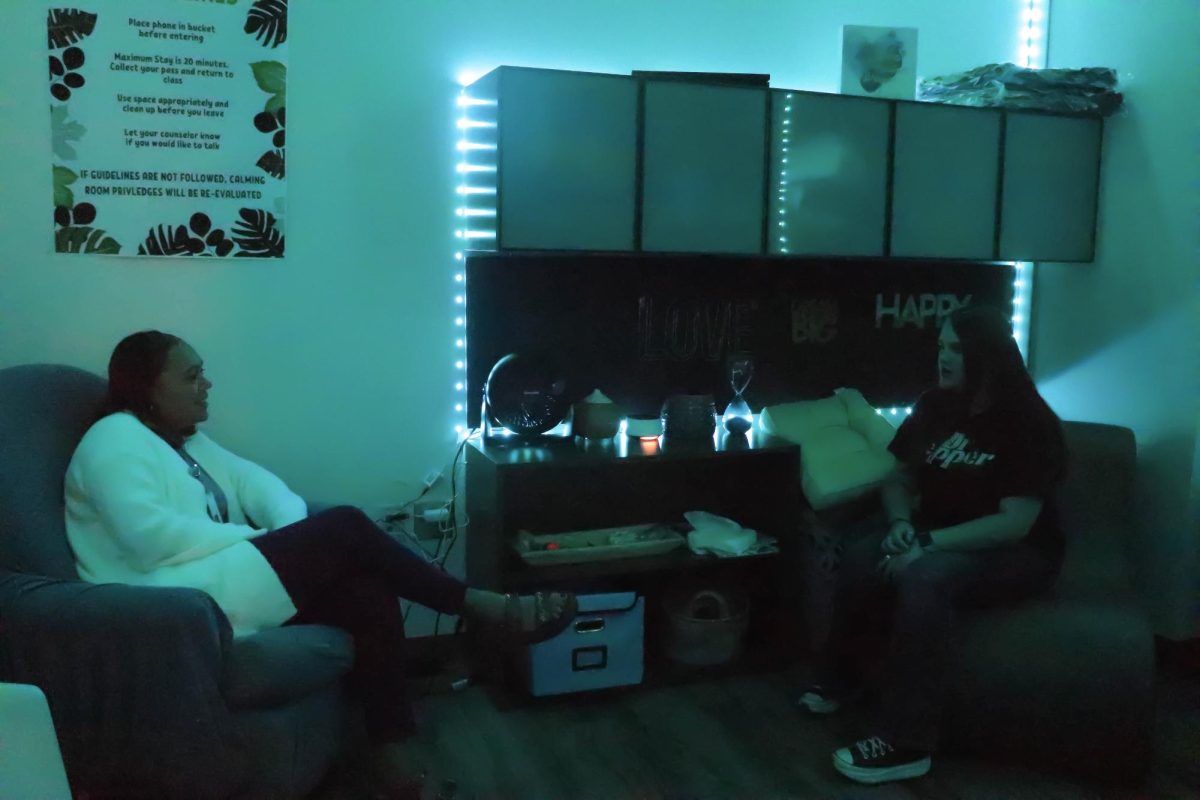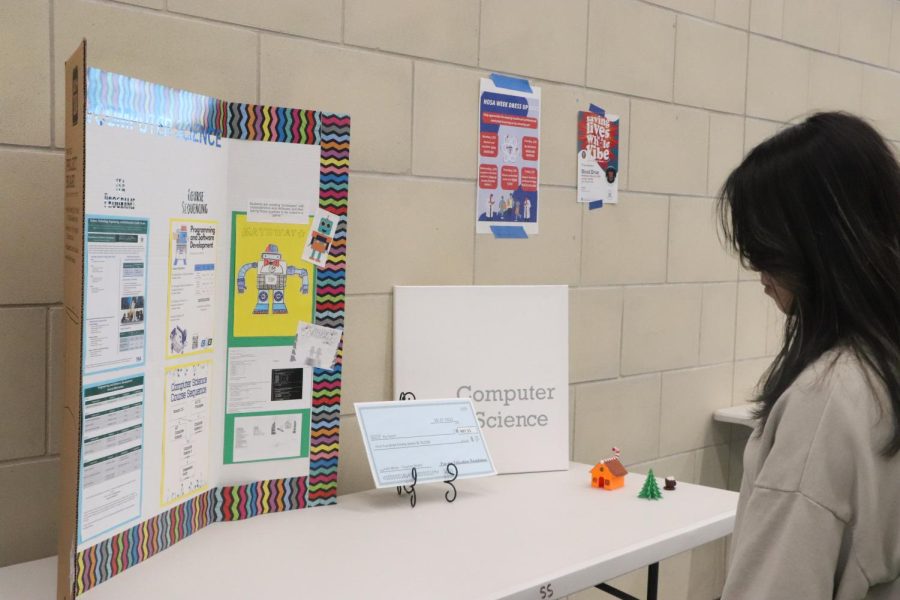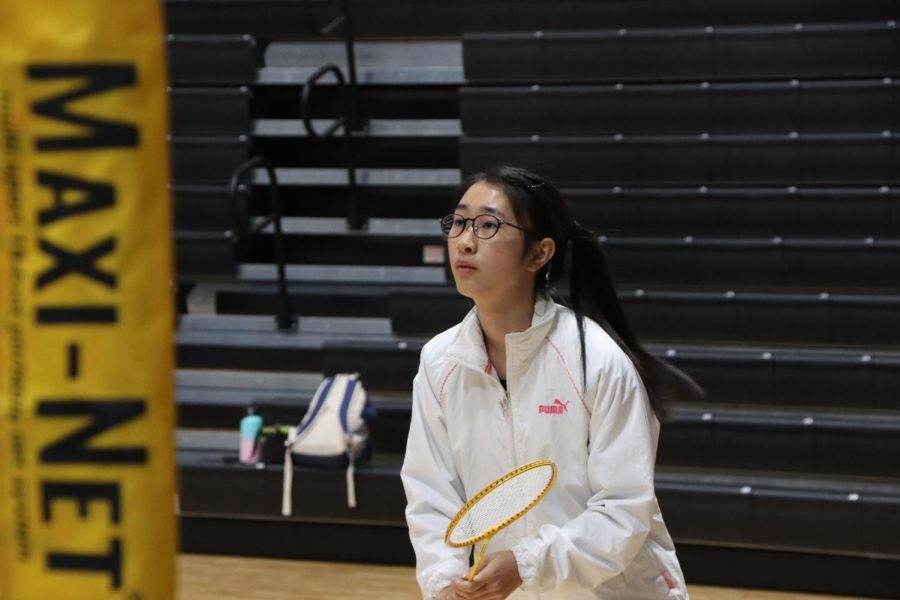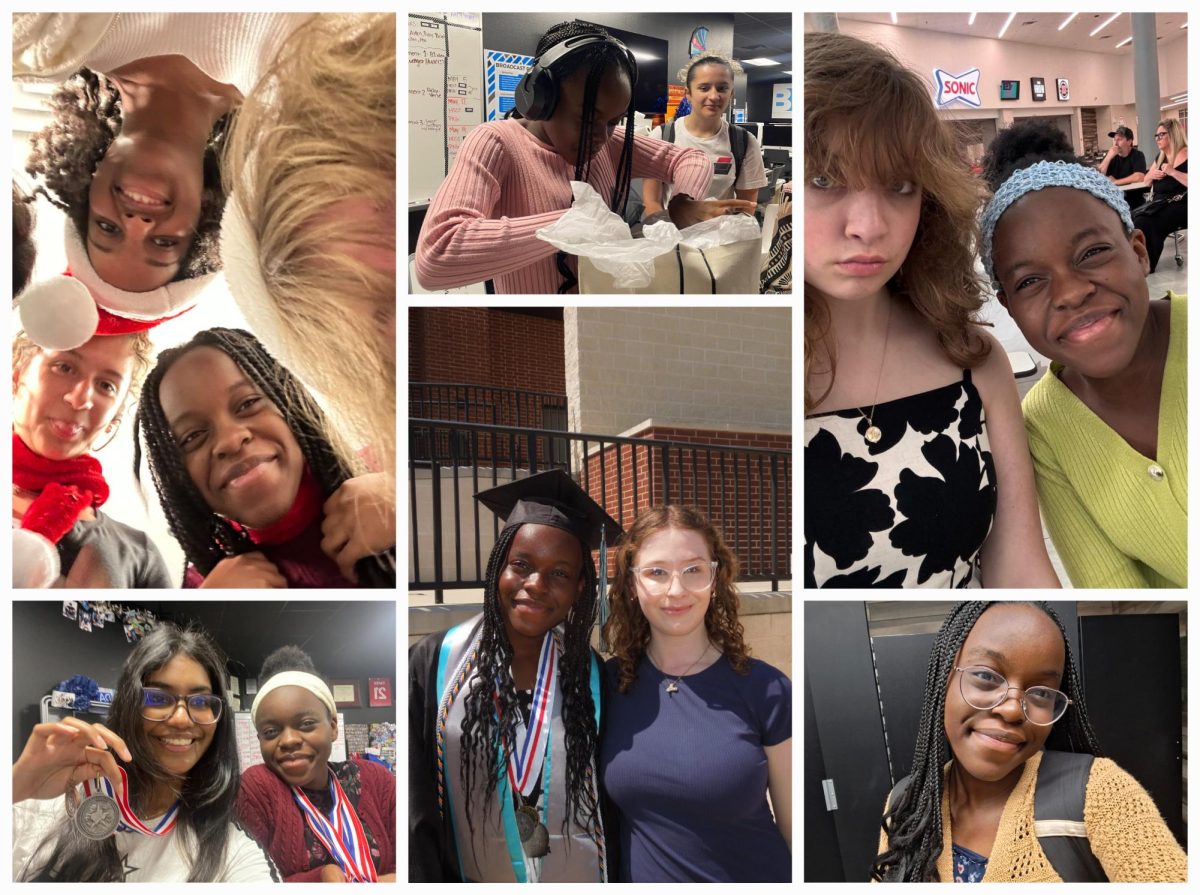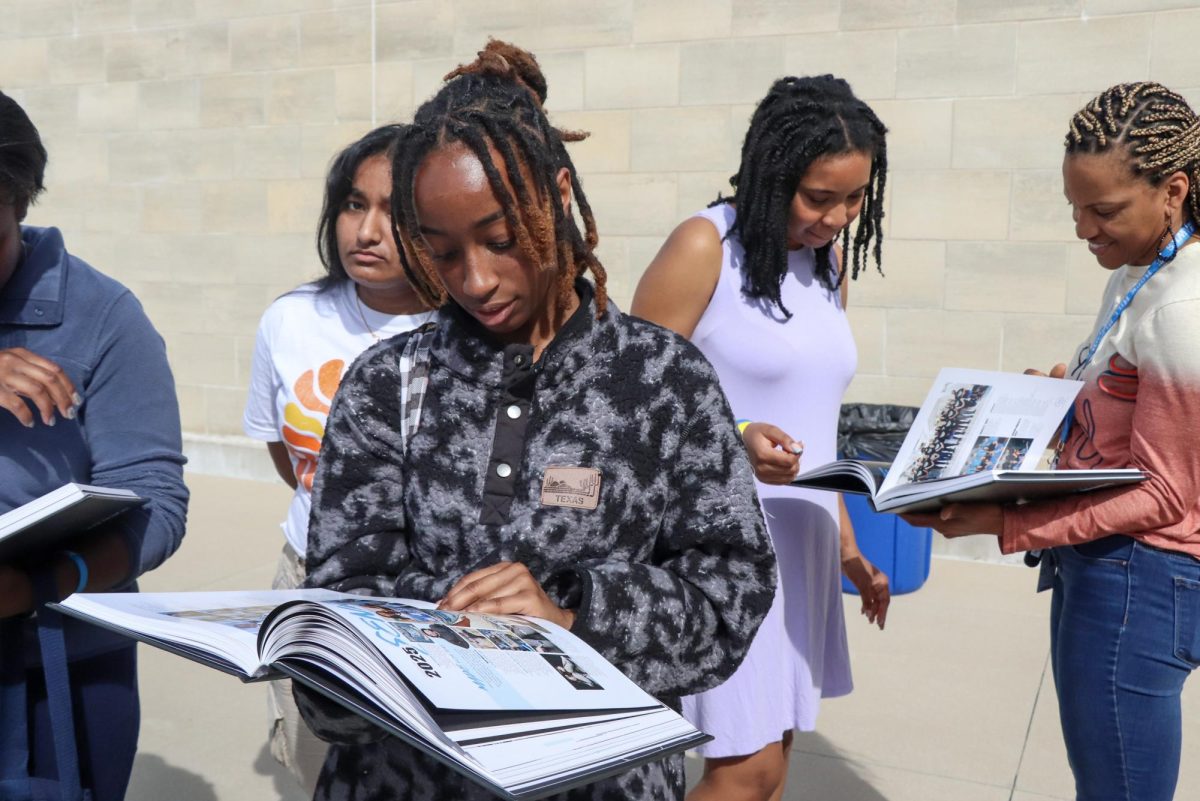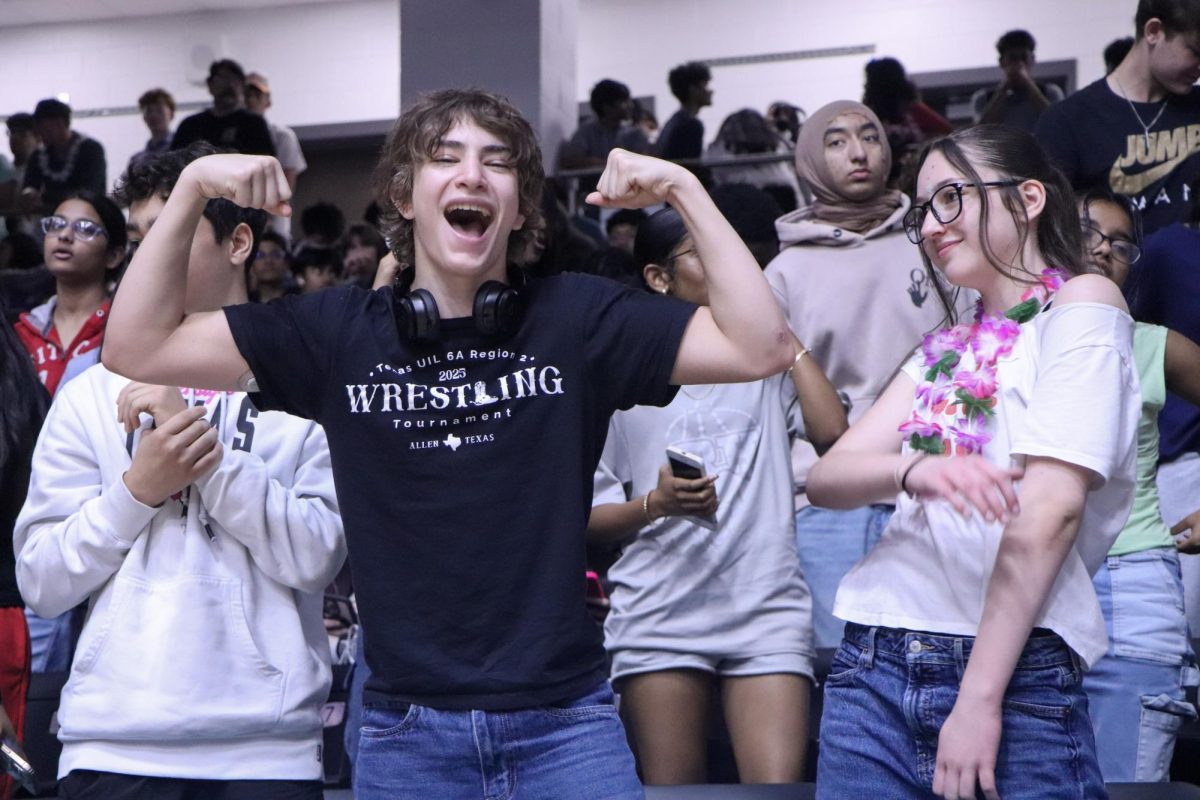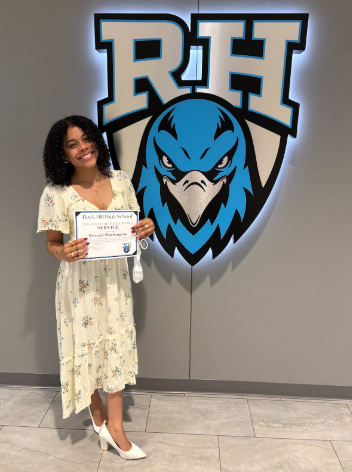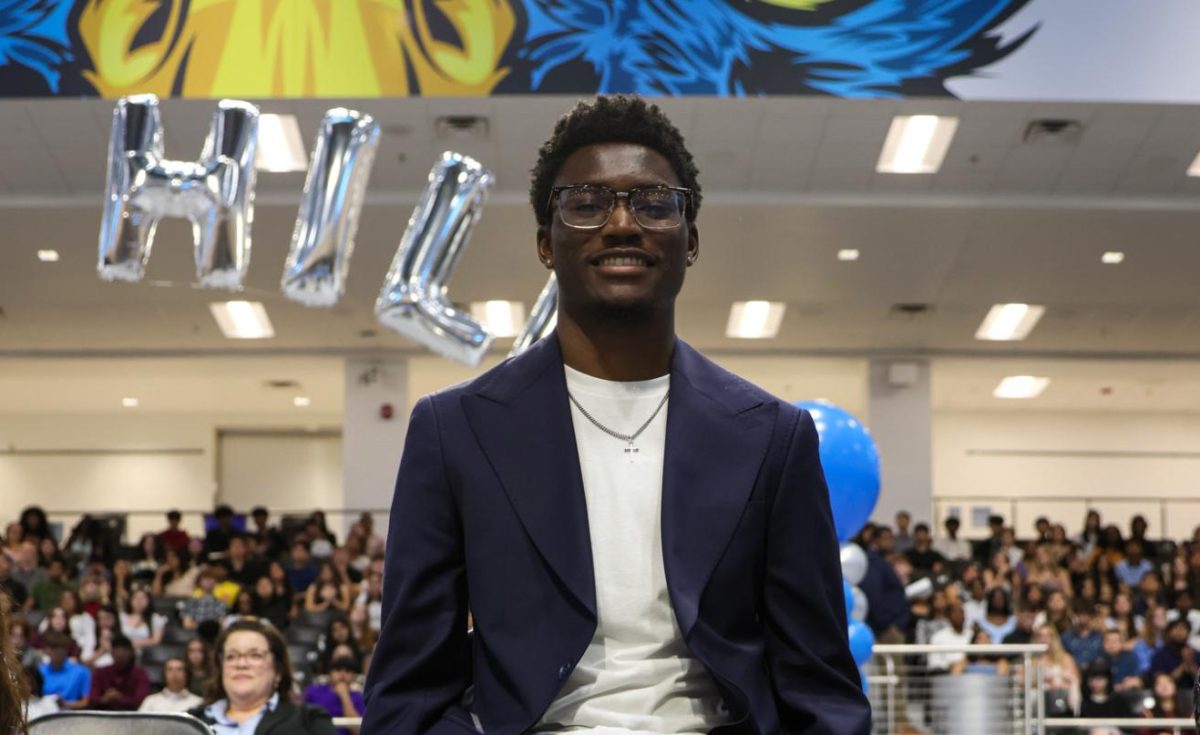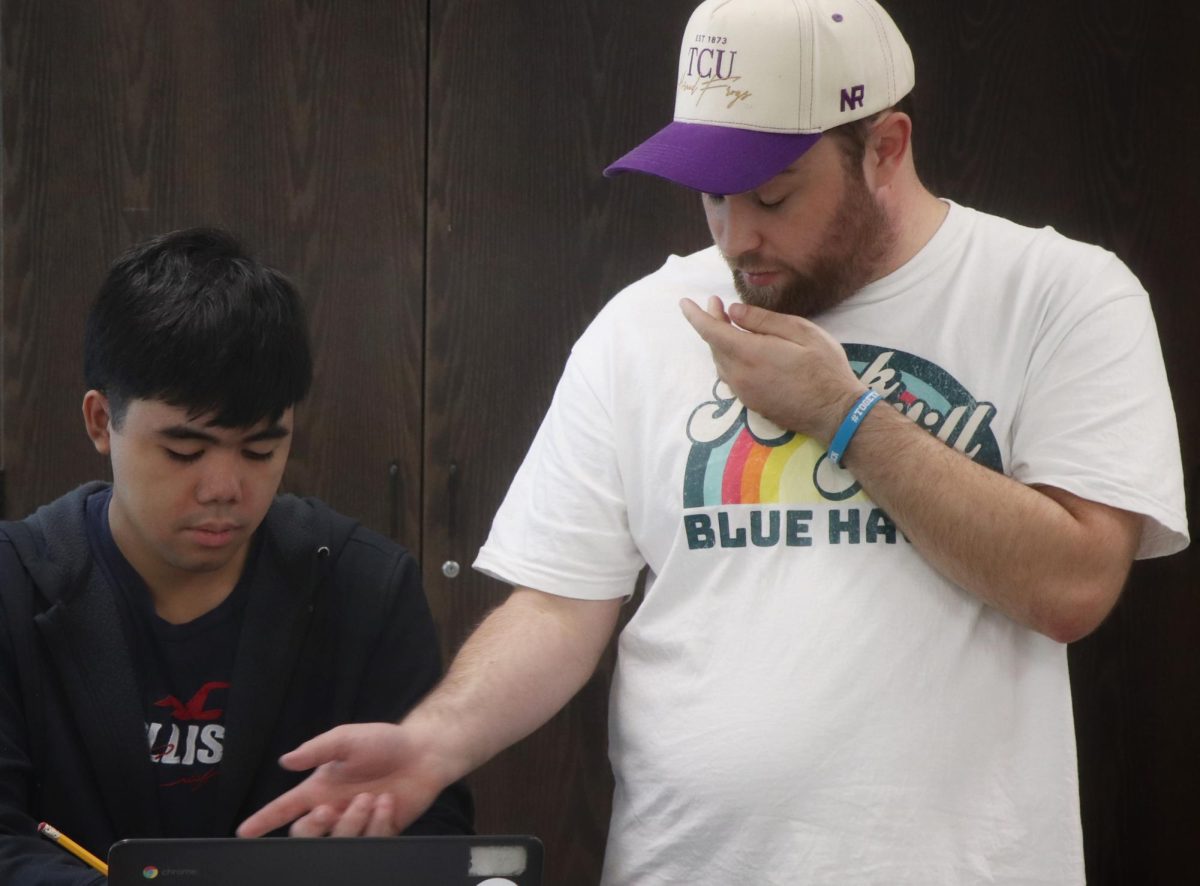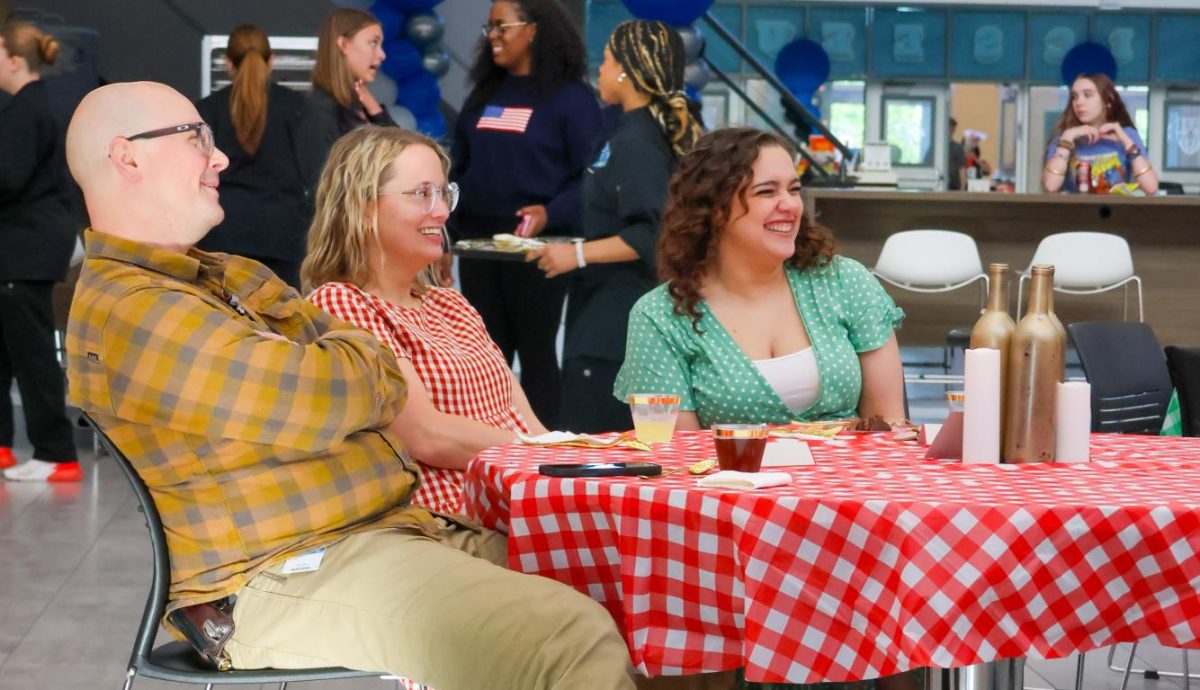High schoolers believe that asking for help, especially from teachers, can make them feel weak or feel like they can do everything without realizing that there are people around them to support them.
Having student support can help students to feel empowered and also create awareness for those who need help with their mental health.
“It’s not weak to go get help, we need to go talk to somebody like a lot of people nowadays, especially guys,” senior Jonah Bowman said.
Mental health in men is commonly not looked into. Most men bottle up their feelings in order to look strong for others.
“It’s kind of like their responsibility to just kind of push it down and just ignore it. It’s really strong,” Bowman said.
One way Rock Hill strives to help students and their struggles is with a counseling program.
Adalis Figueroa-Jones is the student support counselor located in the House of Empathy. Her mission casts a wide net, helping students struggling with a variety of issues, ranging from mental illness to students who are just anxious with family or personal worries.
“They’re here to genuinely care about us and build relations,” Bowman said.
In small groups of eight to ten, students can talk to other peers in the group about the thoughts that students might feel.
“The whole point of the group is to get comfortable with talking about it with a couple of the counselors around the campus,” senior Nick Butler said.
In small groups, students can express how they feel with their peers, as students might not feel comfortable talking to adults or other peers outside the group about certain topics. In this environment, the small groups create a ‘safe space’ that lets students talk about how they feel.
“Small group really taught me that everybody has a different perspective when it comes to mental health and everybody might be going through the same struggles, but everybody looks at it differently,” Butler said.
Students involved in this support service are referred to the program from their alpha counselors or teachers. The small groups are topic focused and the groups can talk about certain topics, like anxiety, depression, having self-esteem, and even study skills, for four to eight weeks.
“It really is a way to develop a lot of our coping skills that we can put in our basket,” Student Support Counselor, Adalis Figueroa-Jones said.
Figueroa-Jones includes some coping tips and tricks for students to use if they are stressed out and they are some student’s favorites. Listening to music, writing in a journal and checking in with trusted adults are three of Figueroa-Jones’s go-tos. That being said, she warns against listening to sad music that will only worsen a bad day.
“As long as we’re listening to things that are good for us,” Figueroa-Jones said, “Things that are going to make us feel good.”
Small groups are held during SOAR Times on Thursdays or Fridays depending on the small group, while another program, Chat Series, is where students can participate by asking their alpha counselors through a referral to this program.
“You can always just go to your counselor and say, ‘Hey, I’m interested in doing chat series, and then they can refer you to the group,’” Figueroa-Jones said.
In these chat series sessions, there are also eight to ten students in groups focusing on different topics each session. Staff members can facilitate different chat session groups and help these students to feel like they have a mentor, including having the opportunity to build relationships with other peers and adults in these chat session groups.
“The closer that you feel with a peer, the more likely you are to go and talk to that peer whenever you’re struggling and or be referred to someone that can help you,” Figueroa-Jones said.
The chat series sessions are hosted once a month, on Wednesdays during Soar Time. Students also have access to a calm down room in the house of empathy. In the calm down room, there is ambient lighting, aromatherapy, coloring books which help with mindfulness and comfortable chairs.
“It is really just a cool, relaxed place for students to utilize if they’re struggling with anxiety, if they’re having panic attacks, if they’re just upset one day and they just need a space to gather themselves,” Figueroa-Jones said.
Bowman enjoys the calm down room when he needs to take a break from his daily life.
“I can come down here and take a few minutes to decompress and she’s telling me mechanisms like this, like sometimes I’ll listen to just positive music,” Bowman said.
The guidelines for the calm down room is 20 minutes maximum in the room unless more time is needed, phones will be placed in the buckets outside the room and there would be a max of three students in order to maintain a quiet space.
“That space you utilize, you are expected to just be quiet, utilize it, breathe, maybe journal,” Figueroa-Jones said.
Figueroa-Jones also conducts check-ins with students exhibiting concerning behavior and thoughts who may need more support. The check-ins can happen weekly, biweekly, monthly, or even request for an appointment with Jones. She can also refer students who need it, towards outside providers or even to counselors at Children’s Health.
There are also resources on the counselor’s page on the school website.
“So I think the more that we put it out there that mental health is a thing and it’s okay to not be okay, then the more that students will be likely to utilize the services that are available to them,” Figueroa-Jones said.
Contact Adalis Figueroa-Jones for more information regarding student support services.


